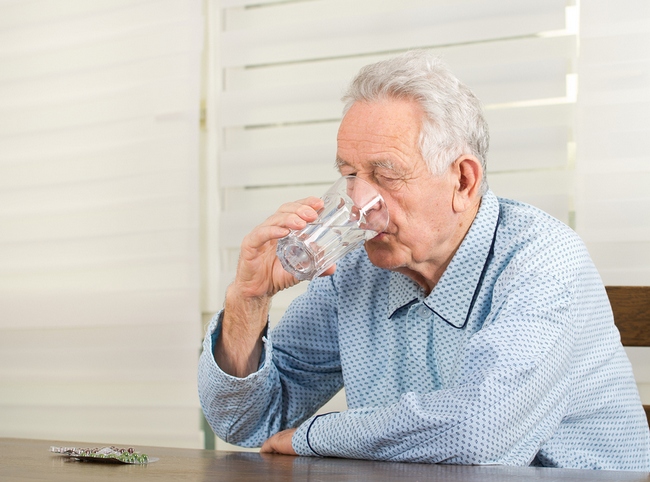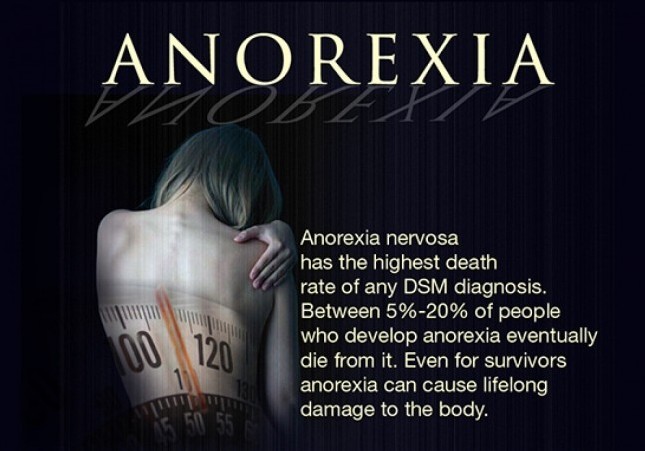- Make It Yourself Lavender Heart-Shaped Bath Bombs!
- 20 Things You Never Knew About “Down There”
- 12 Best Foods For Those Suffering From Arthritis Pain
- 12 Personal Hygiene Mistakes Almost Everyone Makes (Mom Never Told You About #4!)
- 15 Medicinal Plants And Herbs From The Cherokee People
- 12 Mind-Blowing Benefits Of Drinking Coconut Water During Pregnancy
- 12 Outstanding Winter Foods That Won’t Fatten You Up Like A Christmas Turkey
Top 10 Signs You Might Have Osteoporosis
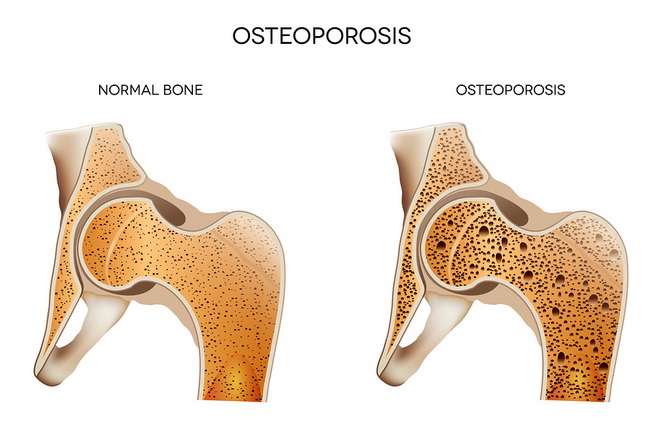
Photo credit: bigstock
Thinning bones, or osteoporosis, is a serious problem, especially among older persons, with an estimated 50 percent of those over the age of 50 having some level of thinning bones. This puts many Americans at risk of developing a break or a serious fracture that is not only painful, but can lead to a loss of mobility and independence, sometimes even a need to move to assisted living. You don’t have to go down this road, however. Staying active, engaging in some weight bearing exercises, and getting plenty of calcium and vitamin D in your diet can help to keep your bones strong throughout your life,
However, it’s always good to be aware of a problem so you can take corrective action. Read on about the top 10 signs you might be developing osteoporosis.
1. If you are naturally small framed or very thin
Although this is the fashionable look, it also means that your bones are also thin and small to begin with, so you can’t afford to lose more. Also, those with delicate, small frames are much more likely to begin developing osteoporosis at a younger age. Although heavy set or people with large frames get this disease also, it’s simply a fact that small boned people don’t have a lot to lose before they are at a serious risk for developing fractures. As a general rule, most people reach peak bone mass at 25 years of age. Somewhere around 30 to 40 years of age, many people begin to lose bone. The rate at which this occurs depends a great deal on genetics, and our lifestyle habits such as diet, exercise, and consumption of calcium.
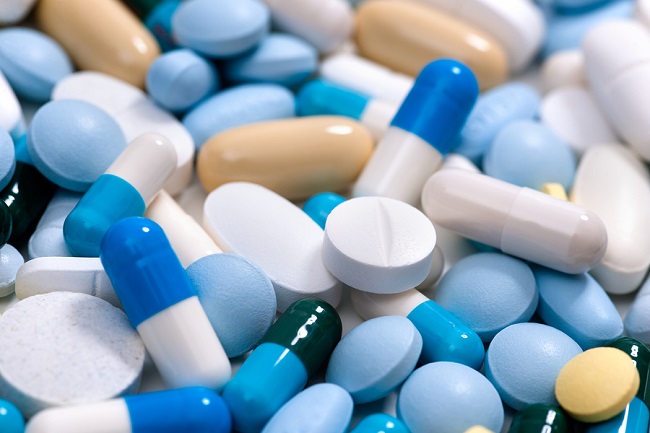
Photo credit: bigstock
2. If you take corticosteroids or prednisone
Unfortunately, if you take corticosteroids or cortisone drugs over a long period of time due to autoimmune diseases such as lupus, or Crohn’s disease, or if you have rheumatoid arthritis, these types of drugs interfere with your hormones and leeches vitamin D, calcium, and other vital minerals from your bones.
This warning sign is of particular importance to women as they are much more likely to develop autoimmune disease to start with. Also, they are more prone to developing osteoporosis because estrogen is also important for bone density and these drugs interfere with normal estrogen levels. Those who take thyroid hormones or antidepressants in the class called SSRI’s, also have higher levels of bone loss.
If you must take corticosteroids to treat an autoimmune condition, you doctor should keep a close eye on your bone density.
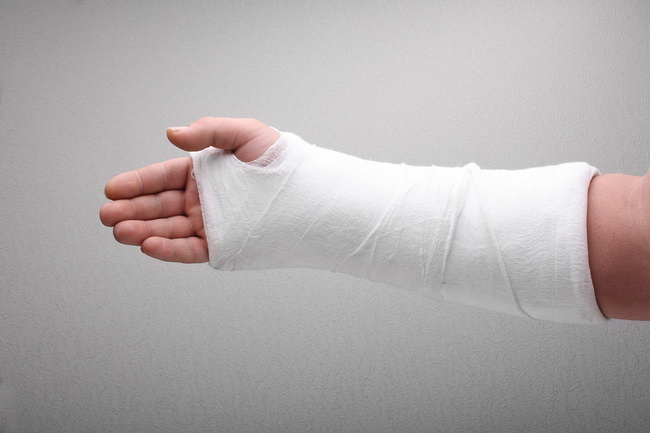
Photo credit: bigstock
3. If you have had more than one fracture in the past two years
Your bones should be strong enough to put up with a certain amount of impact, but if they aren’t, you are going to want to know what the root cause is.
If you have had more than one fracture over the past two years while doing normal, daily activities, get a bone density test from your doctor.
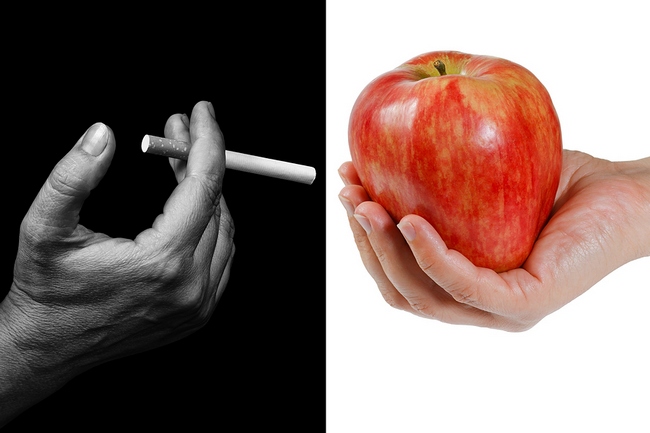
Photo credit: bigstock
4. If you smoke
Although experts aren’t exactly sure why smoking tends to make our bones thinner, but numerous studies confirm it. Those who smoke have higher statistics of osteoporosis, so it you have been a regular smoker, chances are very high that your bones have been compromised.
OK, you have probably heard that you should stop smoking so many times you have tuned it out, but if for no other reason, consider your bone health. No matter how long you have smoked and no matter how old you are when you quit, your body can begin building new bone at any age.
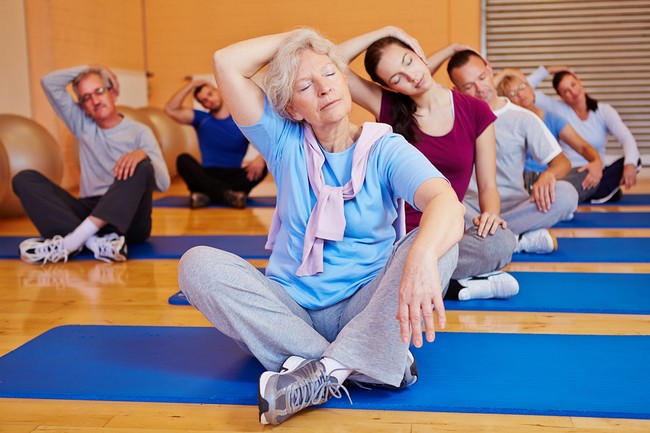
Photo credit: bigstock
5. If you are Asian, Caucasian, female, and over 50
Any one of the above risk factors makes it more likely that you have, or are developing osteoporosis. If you are all three, you might already be at risk for a bone fracture.
Even if you are African American, you still should be concerned. Low bone mass is more common than previously believed, according to recent studies.
Once you hit 60 and beyond, pay even more attention to your bones. As we age, our risk of thinning bones increases and by the age of 75, more than 90 percent of women will have suffered at least one fracture.
6. If you have a first or second degree relative who had osteoporosis
Your family history will give you a good idea about your own risk factors.
If you come from a family where older adults have had poor posture, loss of height, a history of fractures or breaks, or if your immediate family members, such as your mother or aunts, had osteoporosis, chances are high that you will also.
Give your doctor your family history so that your bone density can be monitored.
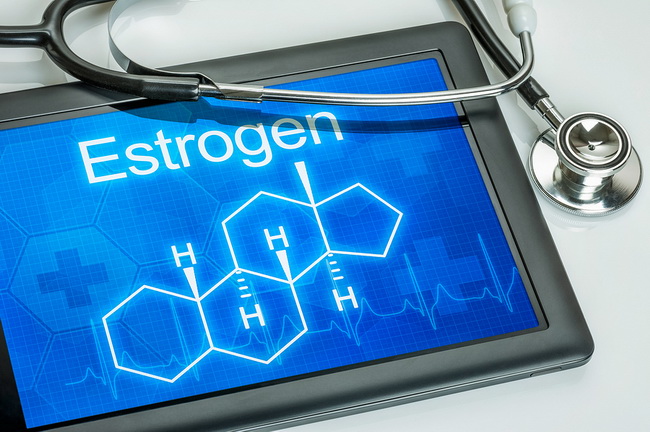
Photo credit: bigstock
7. Irregular or infrequent periods
Ladies, low levels of estrogen are what is generally responsible for irregular or infrequent menstrual cycles.
Unfortunately, low estrogen means thinner bones.
Low estrogen levels can be caused by numerous factors such as eating disorders, polycystic ovary disease, genetics, or excessive exercising.
Talk to your doctor if you have irregular or infrequent periods.
8. You have an eating disorder
For those struggling with anorexia, you should be extra vigilant about your bone health. Extremely low body weight lowers your body’s hormones, and anything that messes with your hormones interferes with your body’s bone building abilities.
If you have bulimia, or anorexia, tell your doctor. They won’t judge you but they can help you not only try to get your eating disorder under control, but to protect your bones in the future.
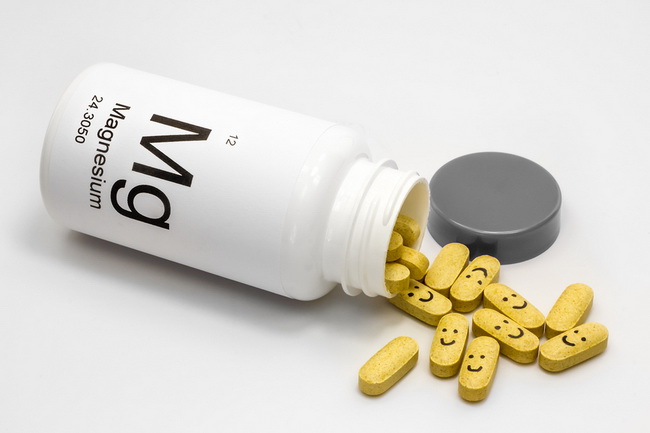
Photo credit: bigstock
9. You don’t take calcium, magnesium, or vitamin D supplements
Unless you drink a good deal of milk or eat dairy products regularly, you should be taking calcium, magnesium, and vitamin D supplements, especially if you are over 50 years of age.
Your bones need these vitamins and minerals to keep your bones strong and healthy. Find out 10 natural sources of calcium.

Photo credit: bigstock
10. You have a history of drinking
Alcohol weakens the bones. It leaches the vitamins and minerals you need from your bones.
If you drink more than two drinks per day, especially if you are female, your bones are most likely already thinner than they should be.
Don’t drink excessively and save yourself a great deal of pain later on in life.

